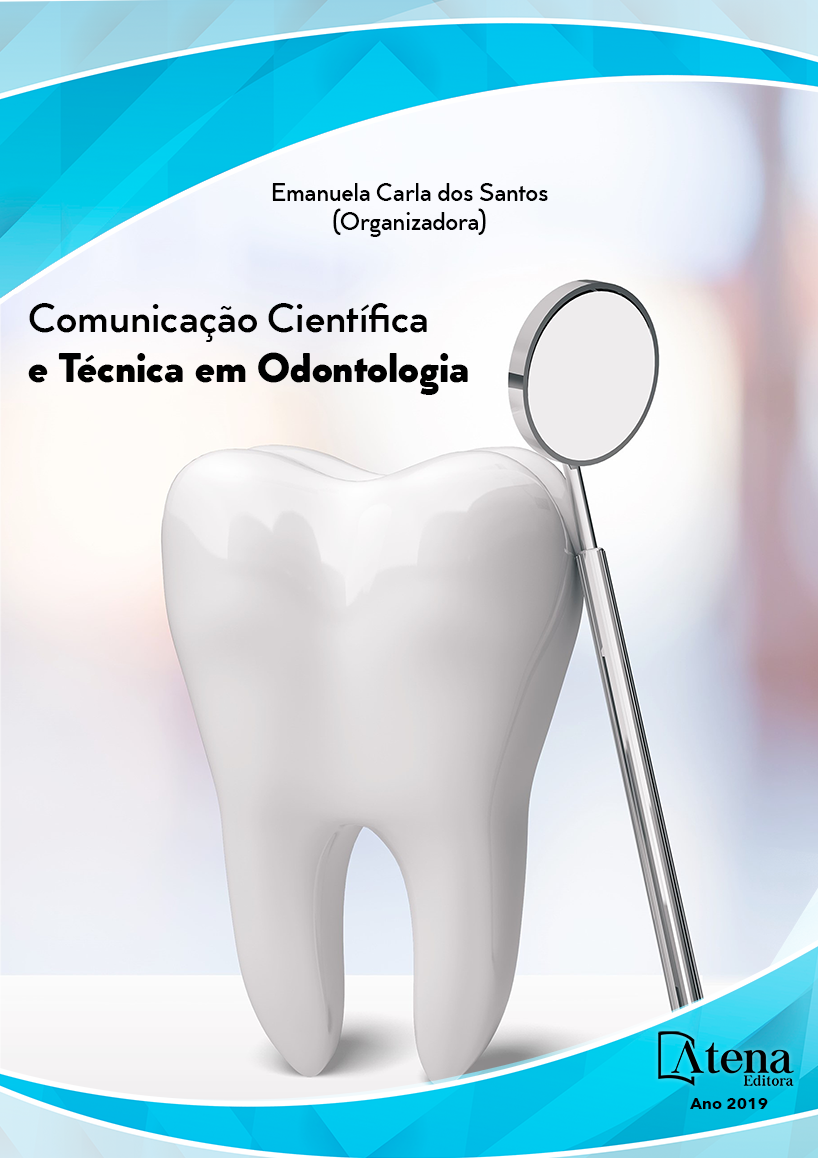
Corrosion Resistance and Anti-biofilm Effect of Rock Rose Remedy: A Potential Preventive Measure in Implant Therapy
Atena
Corrosion Resistance and Anti-biofilm Effect of Rock Rose Remedy: A Potential Preventive Measure in Implant Therapy
-
DOI: 10.22533/at.ed.29619010424
-
Palavras-chave: Atena
-
Keywords: Corrosion; Titanium; Staphylococcus aureus; Peri-Implantitis; Rock Rose; Floral
-
Abstract:
Staphylococci is the leading
etiologic agent of implant-related infection.
In presence of rock rose (Helianthemum
nummularium) floral remedy, we evaluated the
corrosion behavior of commercially pure titanium
as well as quantified the Staphylococcus aureus
biofilm formation. To analyze the corrosion
resistance of pure titanium, electrochemical
corrosion tests were performed. We submitted
pure titanium samples into a physiological (pH
6.50) or pathogenic (pH 2.50) artificial saliva
environment at 37oC. For the in vitro static
biofilm assays, a multivirulent Staphylococcus
aureus strain was used for assessment of
biofilm formation over pure titanium disks in the
absence/presence of rock rose floral. Triplicates
were performed for both corrosion tests and
biofilm experiments. P values were determined
by two-way analysis of variance for pairwise
comparisons (corrosion) and Student’s t-test
(biofilm assays). Results were considered
significant when p-value < 0.05. Rock rose floral
treatment reduced Staphylococcus aureus
biofilm formation on titanium surface and
promoted a higher titanium corrosion resistance
in artificial saliva at low pH. We have shown
that rock rose remedy can prevent bacteria
adhesion over the pure titanium in a healthy oral
environment (pH 6.50) and did not interfere in
the titanium corrosion response.
-
Número de páginas: 15
- Ana Beatriz Sliachticas


